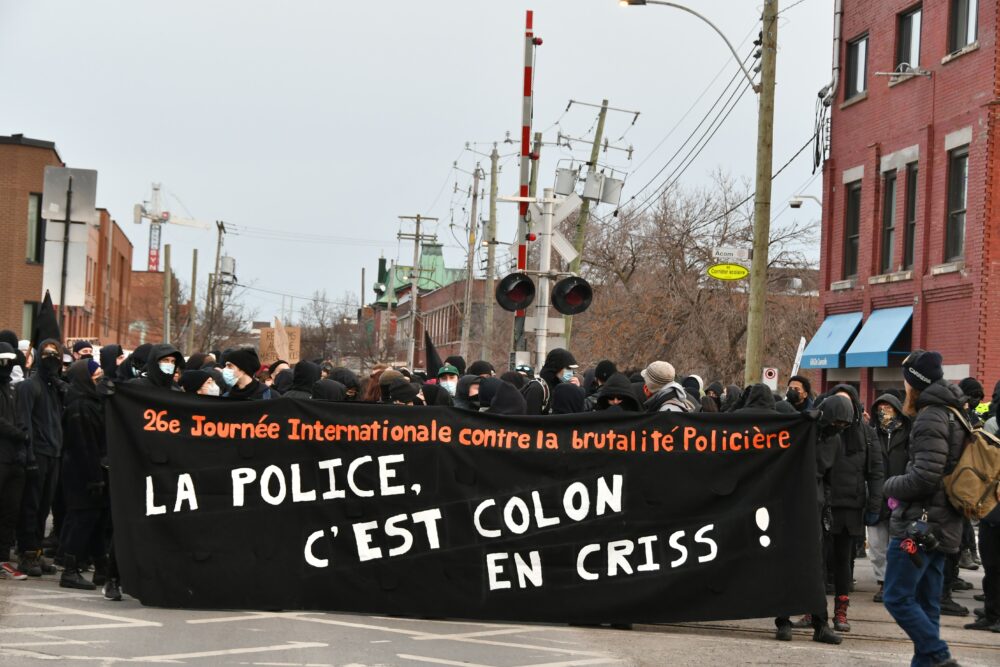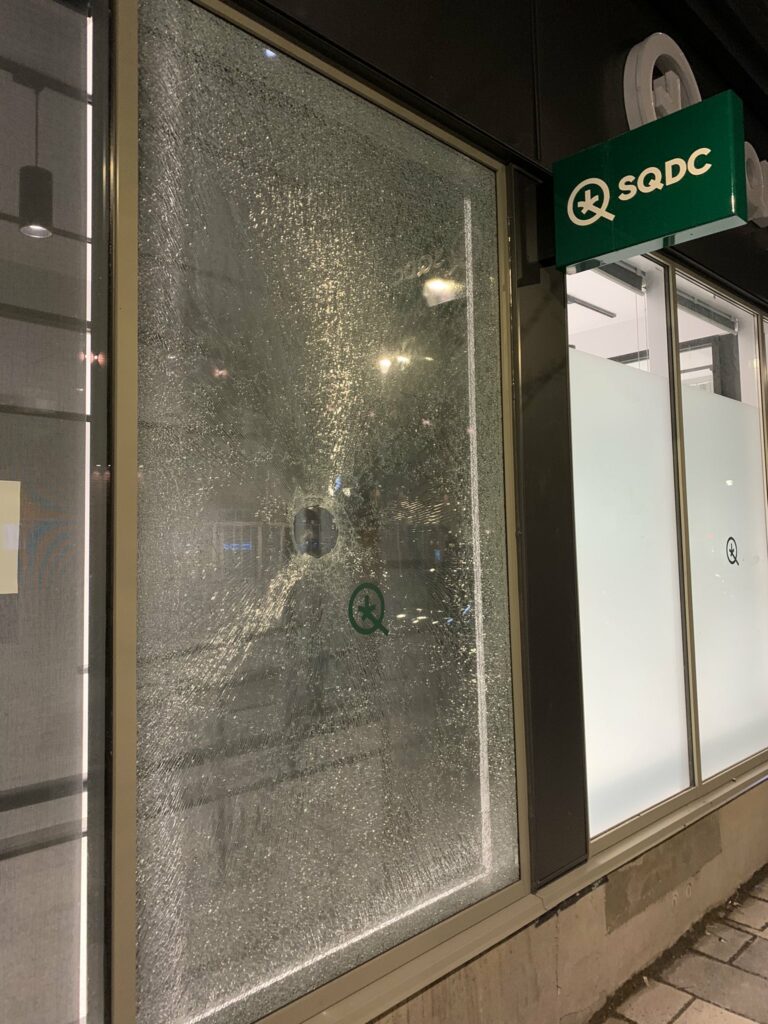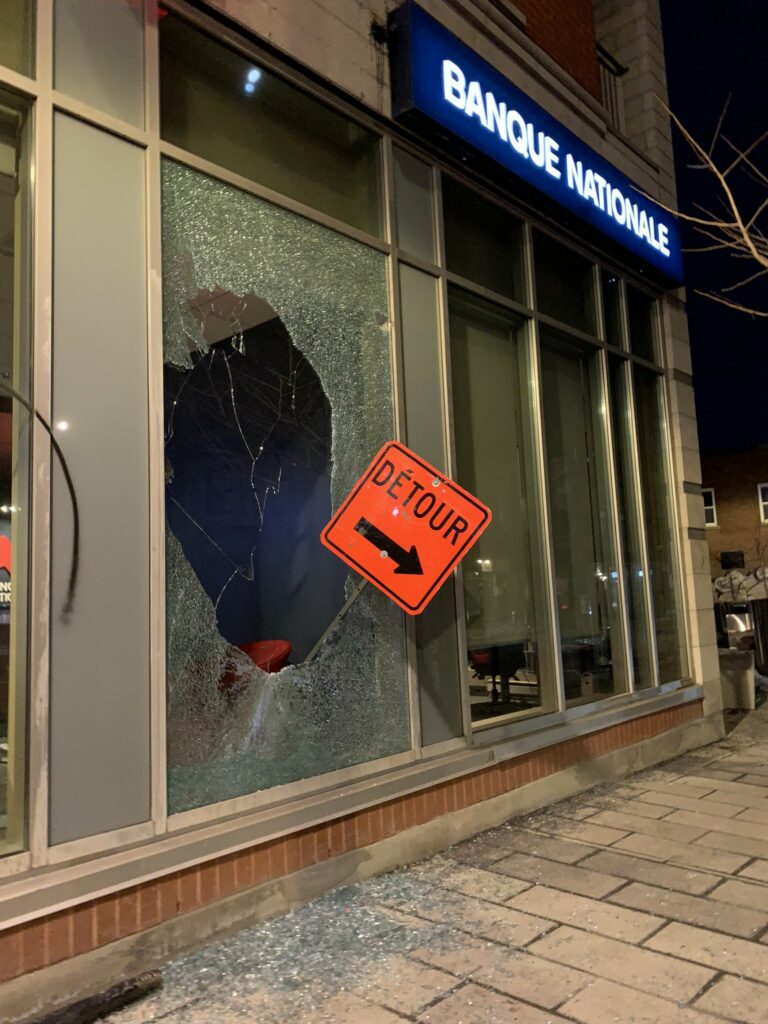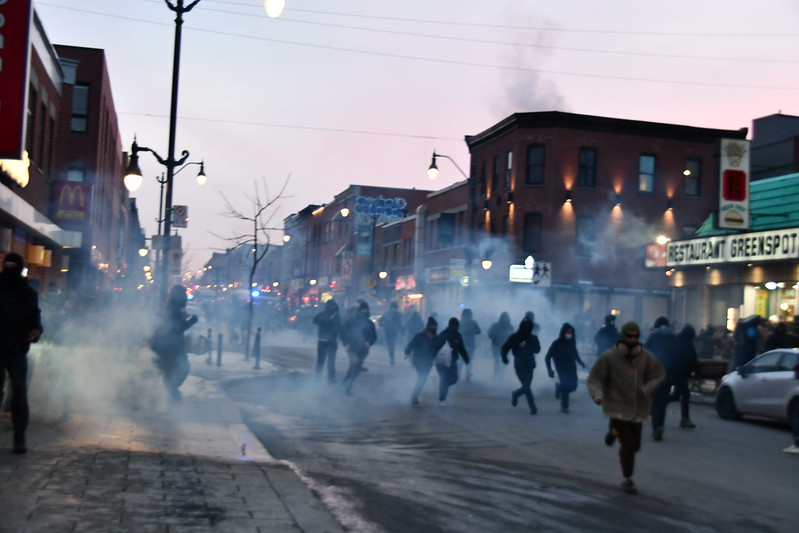de.indymedia.org / Saturday, May 14, 2022
On the night of May 13, we set fire to the car of the son of Christopher Gröner, billionaire and boss of the real estate company CG-Gruppe. We don’t need to write more about Christopher Gröner. He is a disgusting millionaire who makes his profits from real estate and speculation and shamelessly exposes his wealth, which is based on the exploitation of others (see hXXps://www.youtube.com/watch?v=2Y2WxM2Srlc). In Berlin, his lobbying work consists, among other things, of installing the Christmas lights on the Ku’damm every year, where all his buddies have their offices.
CG-Junior’s profession is to be a daddy’s boy and to live in the Berlin district of Moabit, at the expense and with the help of his ugly father. The CG group had first woven its plots in Leipzig and was now trying to do it again in Berlin. The son’s car was recognizable among other things by its Leipzig license plate, followed by the personalized code of the CG company. We don’t want the CG group in Berlin either.
So concretely, we used fire to expropriate his private car and joined the “expropriate Deutsche Wohnen” conference which took place shortly afterwards. We know that the expropriation of housing from below can only happen if we no longer pay rent. We are part of this “bottom”, of this tenants’ movement, of these social struggles. But until a rent strike takes place, we can burn, break and destroy the beautiful things that all the rich landlords buy with our money. With our action we want to show concrete possibilities to fuel the conflict, as well as to show our common strength.
At the same time, we are very sorry that other cars have been affected. Our goal is that this does not happen.
Let’s confront the real estate speculators openly and drive them out of this city.
Greetings also to those in Leipzig!

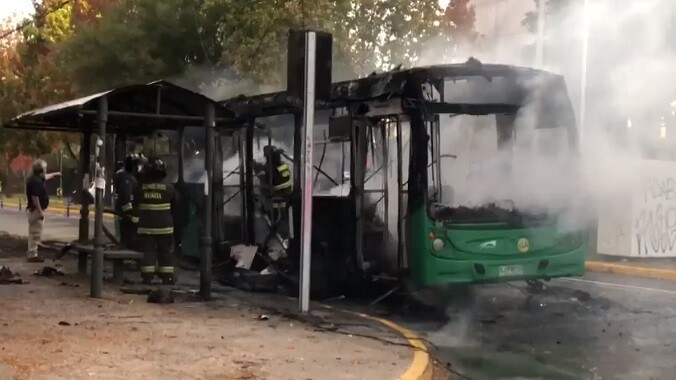
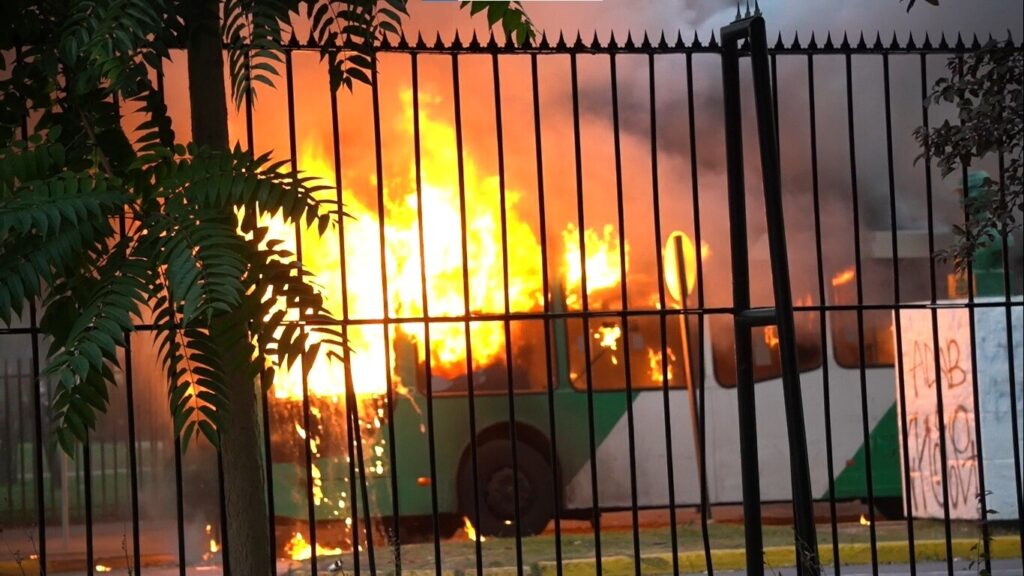
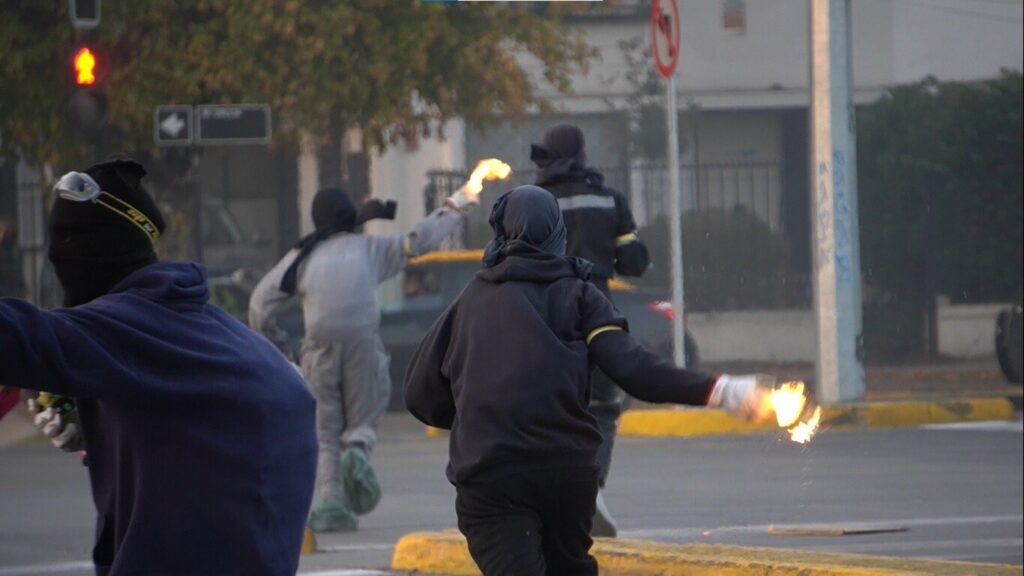
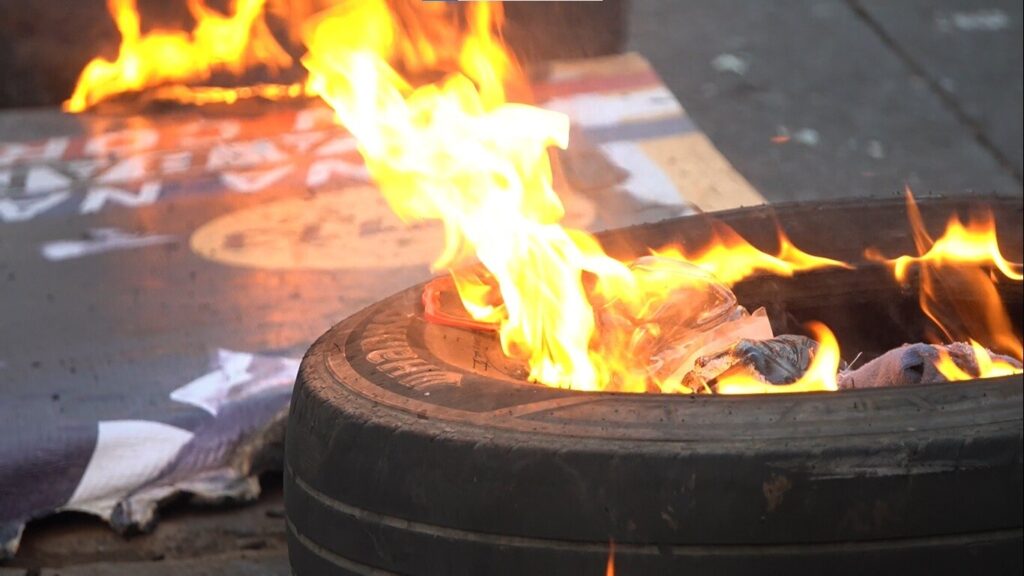
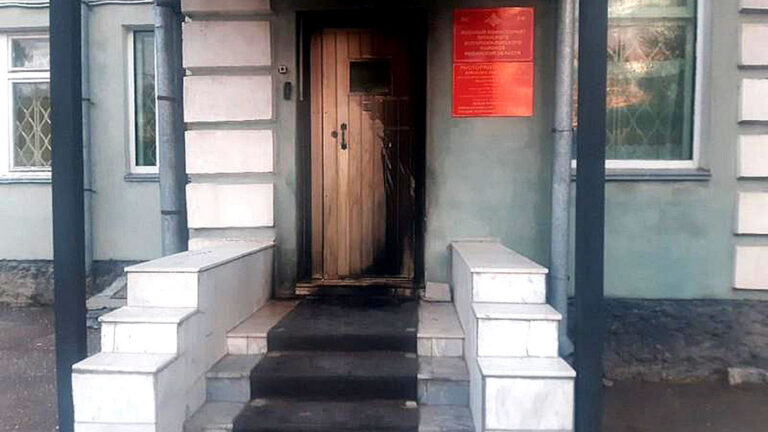
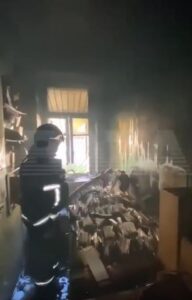 military registration and enlistment office in Gukovo, near Rostov. A flaming molotov hit the wall of the building. According to the state media, the perpetrator “disappeared in an unknown direction”.
military registration and enlistment office in Gukovo, near Rostov. A flaming molotov hit the wall of the building. According to the state media, the perpetrator “disappeared in an unknown direction”.

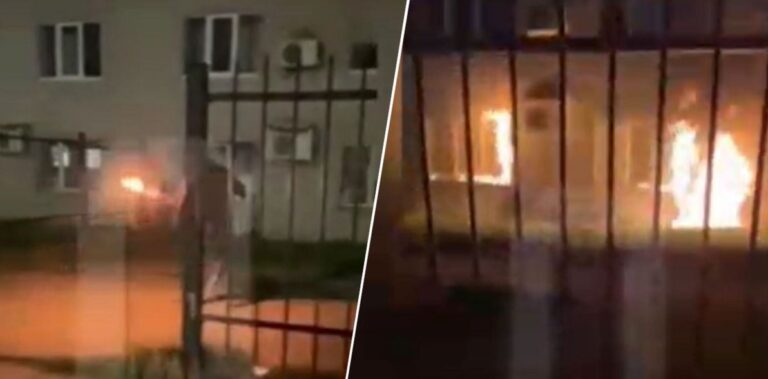
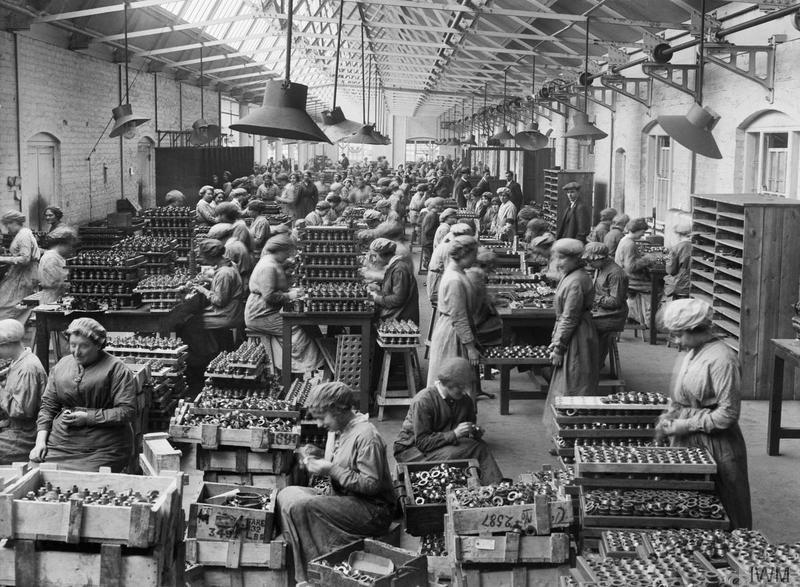
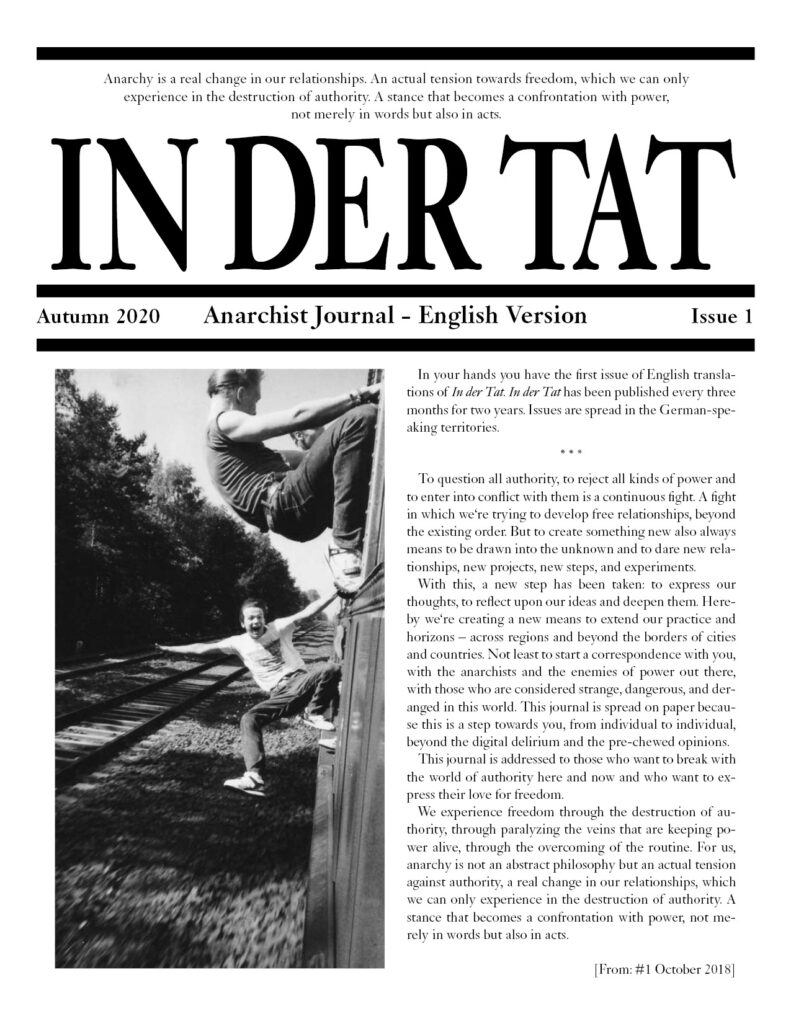

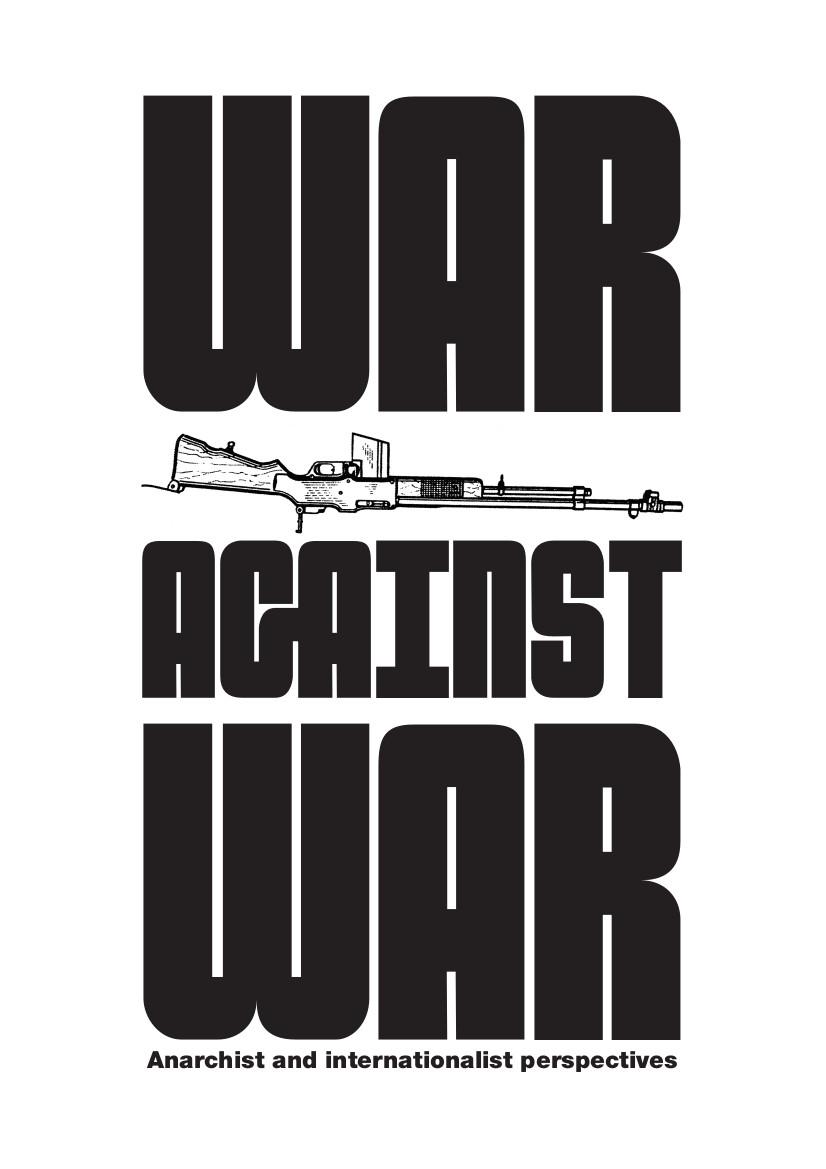
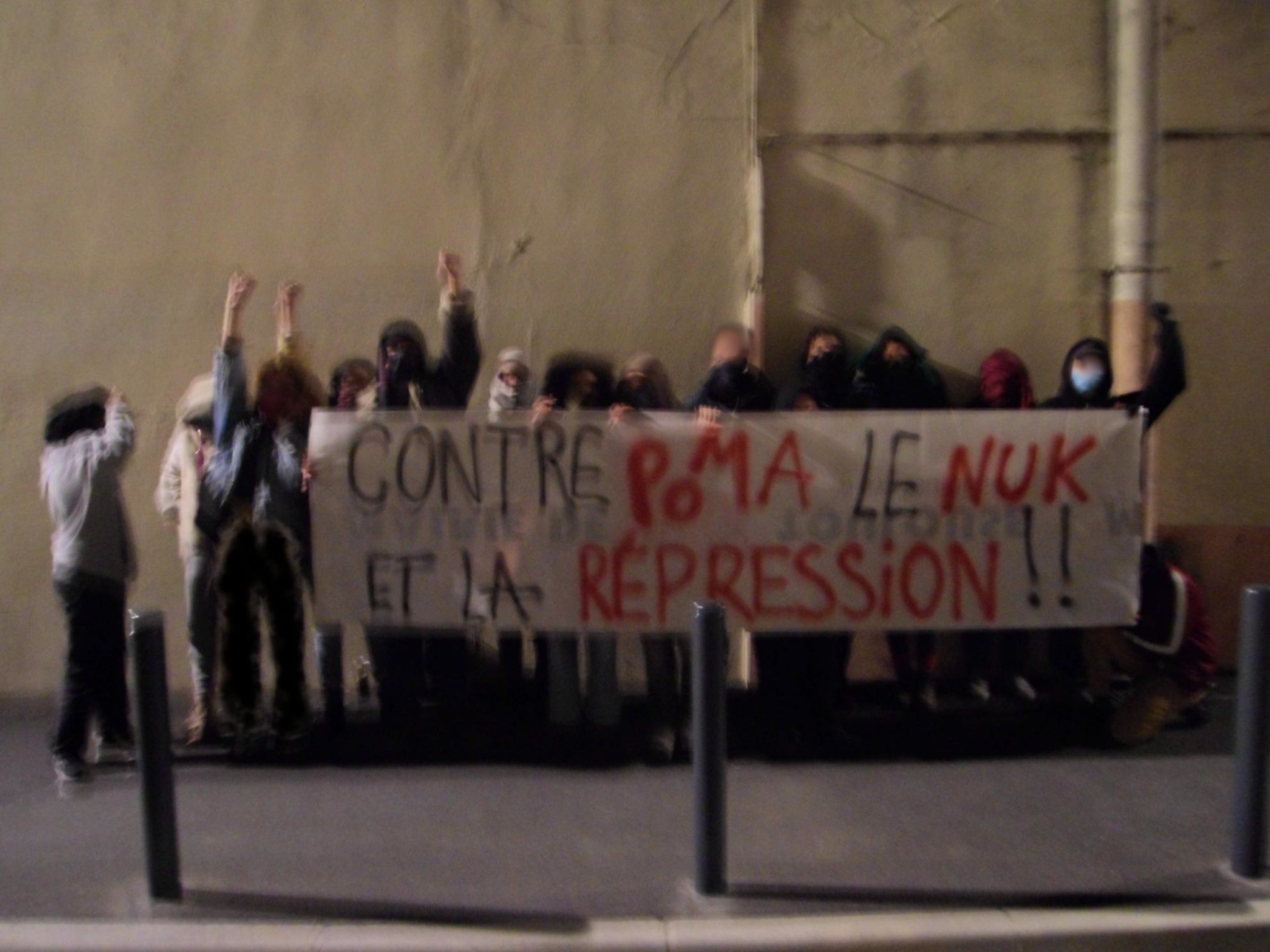
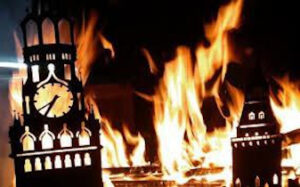 “Autonomous Action” (Avtonom) has always been a group that spreads anarchism in the Russian-speaking world. We don’t care about national borders. But no matter which states our activists are based, social change in Russia is very important to us.
“Autonomous Action” (Avtonom) has always been a group that spreads anarchism in the Russian-speaking world. We don’t care about national borders. But no matter which states our activists are based, social change in Russia is very important to us.